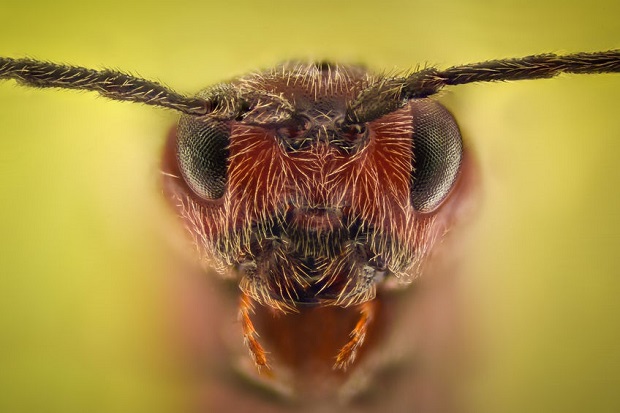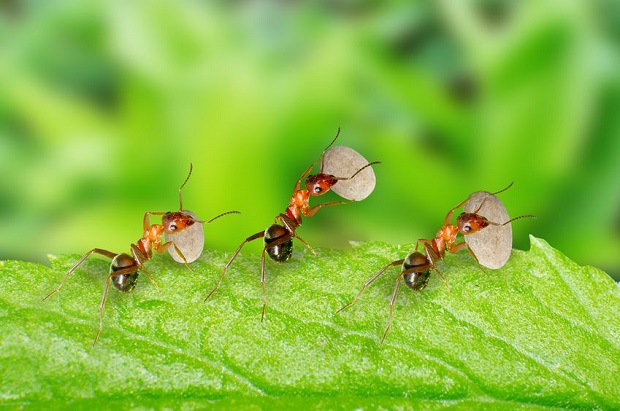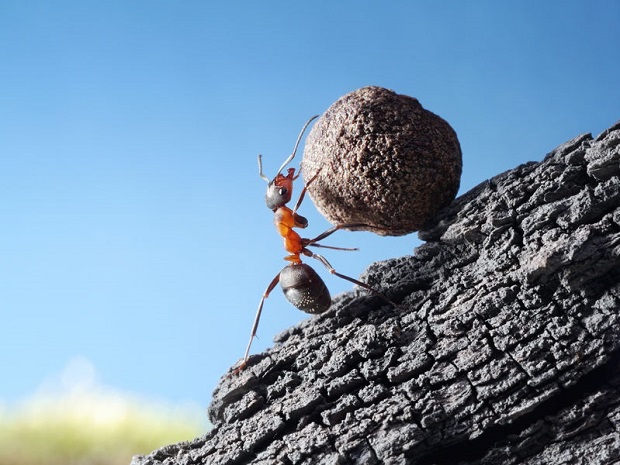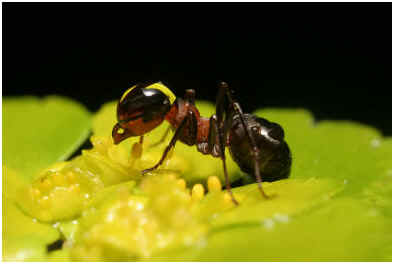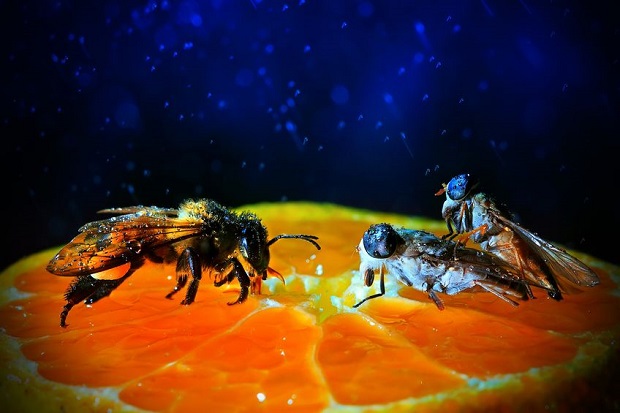
Can Wasps Smell?
Wasps can smell. The sense of smell enjoyed by wasps is so remarkably well attuned that researchers in Georgia have been able to train one species, the Microplitis Croceipes, to sniff out potential explosive devices. As part of research undertaken in partnership with the United States Department of Agriculture, it was also shown that this species of wasp could be taught to recognize and detect a new smell within the space of just five minutes.
Highly Developed Sense of Smell
Translated to everyday experience, this is why the members of the species of wasps as a whole seem to materialize within a matter of seconds in the backyard, at a picnic, or elsewhere when an ice cream cone appears or a glass of juice is served. Wasps of all kinds have a highly developed sense of smell and are particularly attuned to sweet fragrances.
Olfactory Sensors on the Antenna
Wasps do not have noses, per se. Rather, they have olfactory sensors on their antenna that are critical to their ability to find flowers to pollinate and, in many cases, to their survival. One species of wasp, for example, likes to lay eggs inside a certain kind of caterpillar and detects that caterpillar by virtue of the distress chemicals released by the plants that these caterpillars eat. Overall, most wasps can detect smells and chemicals at a concentration level of just a few parts per billion in the air.
Facial Recognition
Research continues to reveal new, fascinating information about wasps. Since every wasp has the potential to become a queen, there are often fights within a nest between various wasps competing for that eventual privilege. Wasps do not just have olfactory recognition capabilities on par with basset hound dogs; they also, as it turns out, use facial recognition to distinguish between fellow wasp mates and rivals. Does this mean that a wasp could be attracted repeatedly to a human that it knows tends to have sweet things nearby? Only time will tell, but given the remarkable intelligence of this species, this would not be out of the question.
Resources
- ABC News – “‘Wasp Hounds’ Sniff Out Trouble“
- Science Daily – “Wasps: Man’s New Best Friend“
- Science Now – “Wasps Make Peace with Past Enemies“
